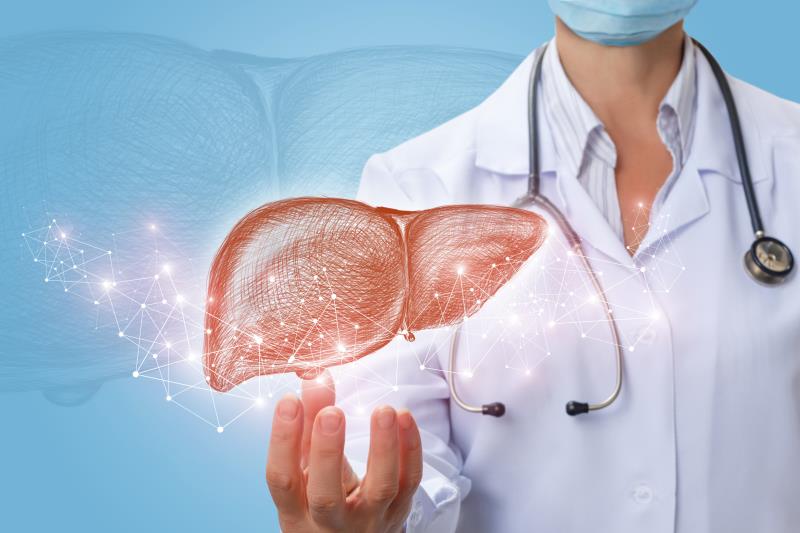Liver function tests are blood tests that measure substances that the liver produces. Doctors may use these results to assess the health of a person’s liver. Abnormal results can indicate liver disease, even when a person doesn’t have symptoms. The liver serves several essential roles That support an individual’s overall health and well-being. It eliminates toxins from the bloodstream, metabolizes fats and proteins, and regulates blood clotting. Viral infections, drugs, genetic Disorders, heavy alcohol consumption, and obesity may lead to inflammation and damage in the liver. Continuous liver damage may result in the formation of scar tissue, which may progress to a serious condition named cirrhosis. Liver disease causes almost 2 million Deaths annually globally. Nevertheless, early stage liver disease doesn’t necessarily cause symptoms.

Keep on reading this Guide to Find out More About liver function tests, including their applications and how to interpret the results. Liver function tests, or Liver panels, measure the number of enzymes, proteins, and waste materials bilirubin in an individual’s blood. Doctors use these evaluations when they want to Assess the health of an individual’s liver or identify the reason for liver damage.
- Alanine transaminase ALT is an enzyme found in kidneys and lft test price in delhi ALT helps create energy for liver cells. Damaged liver cells release ALT into the blood vessels, which may elevate ALT levels in the blood.
- Aspartate transaminase AST is an enzyme from the liver and muscles which helps metabolizes amino acids. Likewise, to ALT, elevated AST levels might be an indication of liver damage or liver disorder.
- Alkaline phosphate ALP is an enzyme found in the blood. ALP contributes to numerous vital bodily functions, like providing nutrients to the liver, promoting bone growth, and metabolizing fat in the intestines.
- Gamma-glutamyl transferase GGT is an enzyme which occurs mostly in the liver, but it is also present in the pancreas, kidneys, gallbladder, and spleen. Greater than normal concentrations of GGT in the blood may indicate alcohol-related liver damage. Elevated GGT levels may also increase the chance of developing certain kinds of cancer Trusted Source.
- Bilirubin is a waste product which forms when the liver breaks down red blood cells. Bilirubin leaves the body as bile in faces. Elevated levels of bilirubin can lead to jaundice — a condition in which the skin and whites of the eyes turn yellow — and can signal liver damage.
- Albumin is a protein which the liver produces. The liver releases albumin into the blood, where it helps fight infections and transfer vitamins, hormones, and enzymes throughout the body. Liver damage can cause dangerously low albumin levels.
- Prothrombin time PT measures how long it takes for the blood to clot. A prolonged PT might be an indication of certain blood clotting disorders associated with liver damage.
Categories: Health